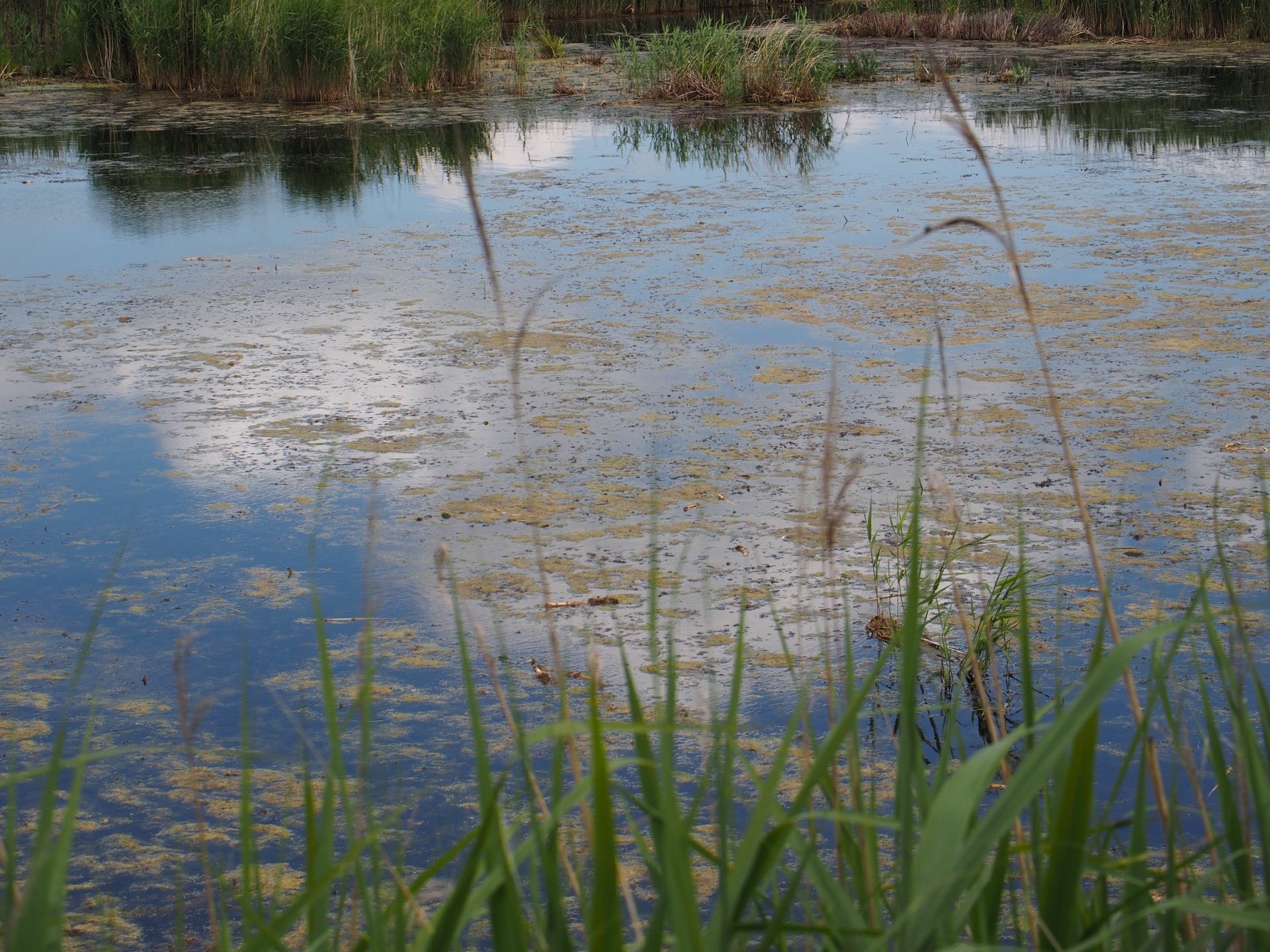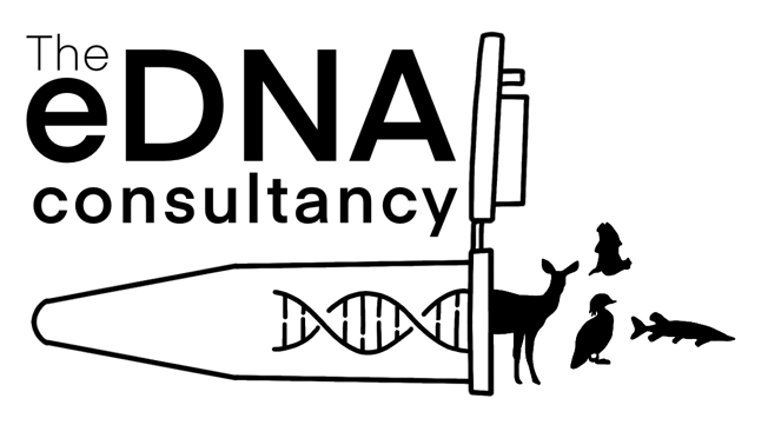
We’ve put together answers to the questions we’re asked most often about eDNA surveys, our services, and how we work. If you can’t find what you’re looking for, just get in touch — we’re always happy to help.
Frequently asked questions
Do we need a laboratory to use your services?
No – we handle all lab work here in-house. You’ll receive easy-to-use kits for field sampling, and we’re happy to provide support with collection if needed.
Is eDNA suitable for our project or regulatory requirements?
In many cases, yes. eDNA is increasingly recognised by regulators, especially for priority or protected species. We can advise on whether it's the right fit for your specific needs.
Is eDNA analysis reliable?
Absolutely. We follow best-practice protocols, validate all assays, and deliver clear, quality-assured reports suitable for funders and academic use.
We've never used eDNA before – is it complicated?
Yes, it is but that's where we come in. We want eDNA to work for you so we walk you through the process from start to finish. Whether you're a first-time user or an experienced researcher, we provide clear guidance and optional field support.
Can we collect our own samples?
Yes – you can collect and send samples using our kits, or we can take care of fieldwork depending on your location, preferences and project size. Often on larger projects it's more cost effective for our team to step in.
Can you help us detect rare or hard-to-find species?
Yes – we specialise in designing targeted eDNA surveys for elusive or low-density species, as well as broad biodiversity assessments. We’ll recommend the best approach based on your target species, site, and goals.
Can you support student or academic projects?
Definitely – we’ve supported undergraduate, MSc, MRes, and PhD projects with laboratory analysis, supervision, and training.
Do you offer training or workshops?
Yes, our team have years of experience lecturing and demonstrating and are HEA qualified. We want you to get the best data possible, our in-person and online training for field teams, community scientists, academic groups, and partner organisations ensures you do. We also offer guest lectures and university course integration.
Can you be included as a collaborator on a grant application?
Yes – we’re happy to act as collaborators or named partners and can contribute to protocol design, budgeting, and molecular methods.
Can you help with international projects or remote field sites?
Yes – we have extensive experience designing protocols suited for remote and logistically challenging environments, and we provide support for permits, sample export, and local team training.
Do you offer one-off surveys or ongoing monitoring?
Both – we can provide a single assessment or help you design a long-term monitoring plan to track biodiversity over time, giving you actionable evidence to support your project.
How fast is your turnaround time?
qPCR results are typically delivered within two weeks from receipt of samples. Metabarcoding results take six-eight weeks. An expedited service can be offered for larger projects. Each project will have a dedicated eDNA expert who will agree timelines at the start and prioritise transparency and communication.
Do you support ethical data sharing and collaboration?
Yes – we believe in equitable partnerships and are committed to ethical data sharing, including co-authorship and capacity-building when working with local partners. eDNA is a rapidly evolving field, with researchers developing new protocols and approaches every month. As active researchers ourselves we celebrate these advances, credit the scientists behind them, and integrate the best new methods into our work to strengthen outcomes for conservation.
The eDNA Consultancy
Where our expertise meets yours
ADDRESS
Unit 4 & 5, Tanhouse Farm, Frampton on Severn, Gloucestershire, GL2 7EH, GB
INQUIRE ABOUT OUR SERVICES
Web design and graphics by Bear Bones
The eDNA Consultancy Ltd is registered in England and Wales 15508607. VAT no: 482885735 © Copyright The eDNA Consultancy Ltd. All rights reserved.
